Last week we began a new series of posts designed to explore Black history and experiences and discuss racism and injustice. Our first post discussed Juneteenth. This week we will be looking at some of the challenges involved in addressing racism and how the quest to improve the lives of Black people relates to other racialized groups, such as Indigenous peoples.
Throughout this series, we welcome your feedback and thank you for joining us.
Jagmeet Singh on the campaign trail in 2019. (Getty Embed)
On Wednesday June 17, NDP leader Jagmeet Singh introduced a motion into the House of Commons. This is when a member of parliament (or MP, one of our elected representatives) asks the government to approve a course of action.
His motion was about addressing systemic racism in the Royal Canadian Mounted Police (RCMP). The RCMP is Canada's national police force—they handle everything from national security to local policing, especially in communities too small or remote to have their own force.
Singh's motion had many parts, including reviewing:
- The RCMP's budget—the money it has available to it
- How it uses 'force'—including physical contact and restraint, and weapons
- How its tactics for dealing with the public can be improved
After a motion is presented, the other MPs are asked to vote on it. In this case, they appeared to pass Singh's motion unanimously. That is, until one MP, Alain Therrien of the Bloc Quebecois, voted 'no', stopping the motion.
In response, a frustrated Singh called Therrien a 'racist'. Members of the Bloc demanded Singh apologize for this 'insult'. Singh refused, and was kicked out of the House for the day.
Why make this motion?
The RCMP are responsible for policing large parts of the country, from coast to coast. (Getty Embed)
Singh introduced his June 17 motion by noting that "several Indigenous people have died at the hands of the RCMP in recent months.” Then at a press conference later in the day, he made the direct connection between what Indigenous people experience with police and what Black activists, like Black Lives Matter, have been protesting about for weeks.
"Policing that has caused violence and death to Indigenous and Black people needs to stop," he said, "and that's why [Alain Therrien's] gesture [of saying "no"] to me represented exactly what Indigenous, Black, and racialized people feel every day — that they do not matter.”
Both Singh and Black Lives Matter are drawing attention to the same general thing. Their belief that policing itself unfairly targets Black, Indigenous, and other racialized people. And that these issues are systemic problems—issues that go beyond just being troubles with certain individuals in certain areas on certain police forces.
Statistics (collected by the Ontario Human Rights Commission, Stats Canada, Statista, and more) back this up. They show that all across North America, in terms of arrests, convictions, use of force, and deaths, both Indigenous people and Black people experience these things at a far higher rate than white people do.
The question of the police
The concept of defunding the police has already led to motions across North America, including in Minneapolis and Los Angeles. (Getty Embed)
For Singh—as well as many activists and citizens—it is time to fully review and investigate how police services function to stop this discrimination from happening.
This is an incredibly complex issue, but during the recent protests, there is a slogan that you may have heard about this conversation: Defund The Police. This phrase means different things to different people. But at its heart, it begins from a few shared points of view.
- Police are asked to address too many things
- Police budgets are too high
- That this money comes at the expense of other public services that can better help people, such as health and mental health care, job assistance, schools, and libraries
- Police are unnecessarily armed with military, or army, weapons, which leads to unnecessary deaths
The solution, according to these advocates, is to defund, or spend less, on the police. Instead, money should be put into other public services that are designed to respond to situations without using weapons or violence.
Using the word
Bloc Quebecois leader Yves-Francois Blanchet has strongly defended his MP Therrien and is still demanding an apology from Singh. (Getty Embed)
This situation is what Singh was trying to address with his motion. Which is why Therrien's "no" made him so frustrated and angry.
As Singh later explained in an interview with the CBC, racism comes down to "people dismissing the value of other people. That they have less worth, or deserve less in life, because of who they are." His belief is that Therrien was only dismissing his motion because it was centered on Indigenous lives. This would be a racist view, so he called him 'racist'.
For the Bloc's part, their leader, Yves-Francois Blanchet, demanded that Singh be made to apologize. He said that calling Therrien a racist is an insult and that he is a man who "loves everybody."
Why not apologize?
Though they often disagree in Parliament, Prime Minister Trudeau has defended Singh's right to call out racism. (Getty Embed)
Singh has made it clear that he feels an apology should not be the issue here— our attention should be on his motion to begin fixing the police. For this reason, he stands by his words, saying "anyone who votes against a motion that recognizes the systemic racism in the RCMP and that calls for basic fixes for the problem … is a racist, yes."
Whether we're talking about an individual or a system, identifying and correcting racism is always going to be a challenge. One full of uncomfortable feelings and conversations. And while Singh's stand is strong, Prime Minister Trudeau refused to say that an apology was needed. Instead, he offered this perspective on the issue.
“It is not for me to criticize any Canadian," he said, "particularly the only racialized leader in the House of Commons [Singh], for making other people uncomfortable by calling them out for not recognizing systemic discrimination.”
Please join us next week as we continue this series.
We want to hear from YOU! Do you have a question on this topic that you'd like answered? Do you have a message of hope or support that you'd like to express? Write us at owl@owlkids.com with the subject 'Speak Up!' and join the conversation of change.
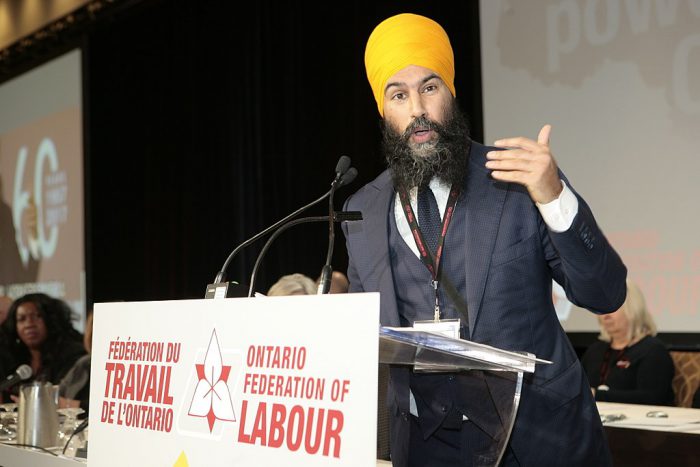 Jagmeet Singh has been the leader of the New Democratic Party since 2017. (Wikimedia Commons)
Jagmeet Singh has been the leader of the New Democratic Party since 2017. (Wikimedia Commons)
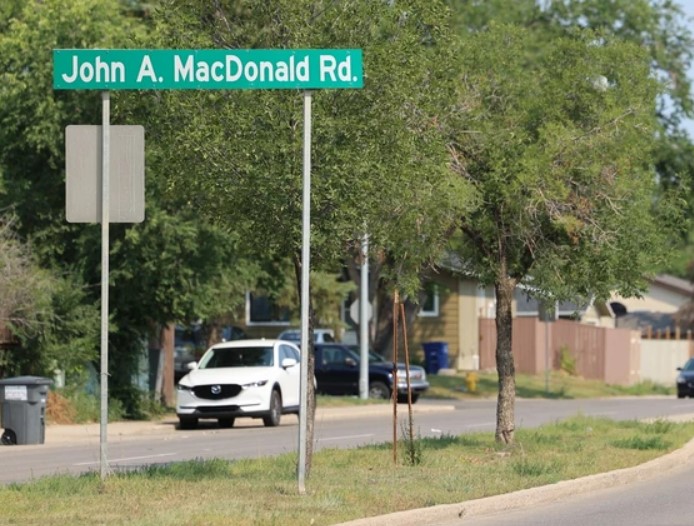
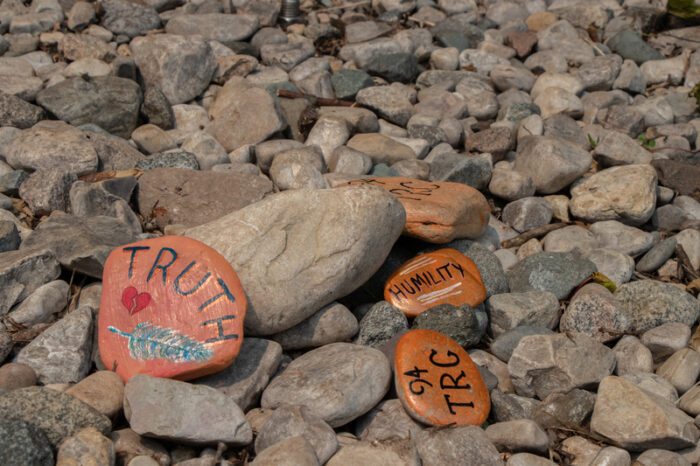
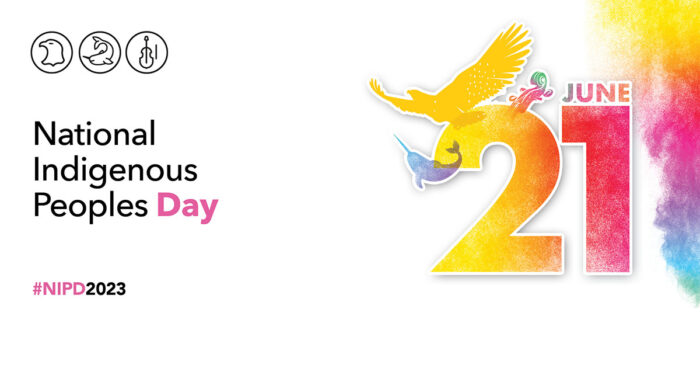

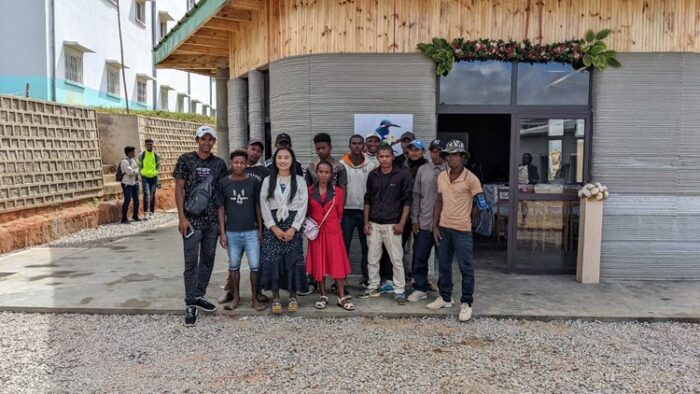


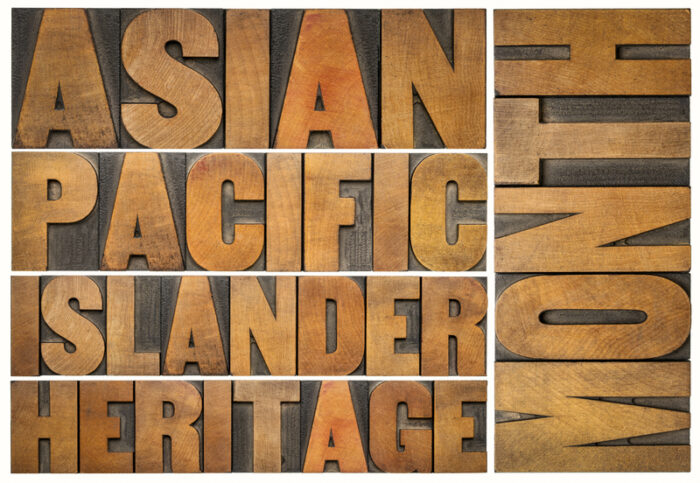


Thank you for sharing this very important issue. Canadians of all ages and backgrounds need to learn and think about this.
I am amazed that owl just emails these topics to you!
Live and let live, learn from past mistakes, dwelling not on the past but making the present and future a better time to accentuate the positive and not
the negative.